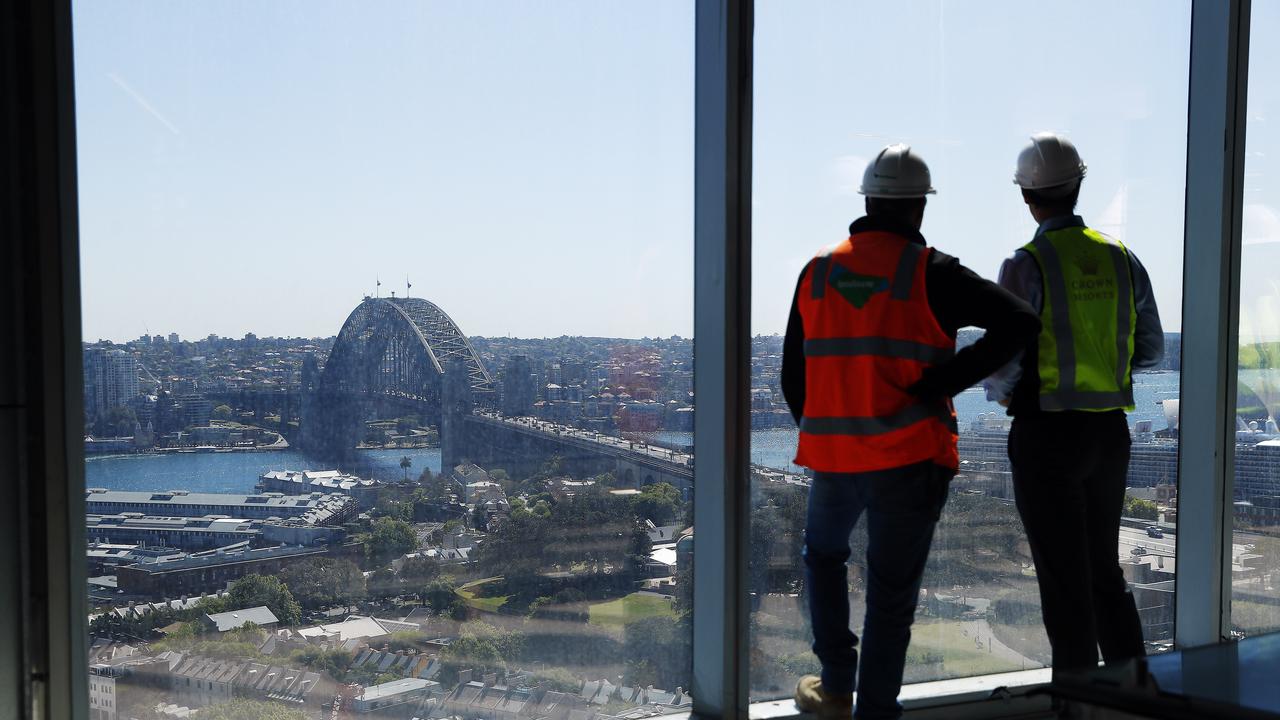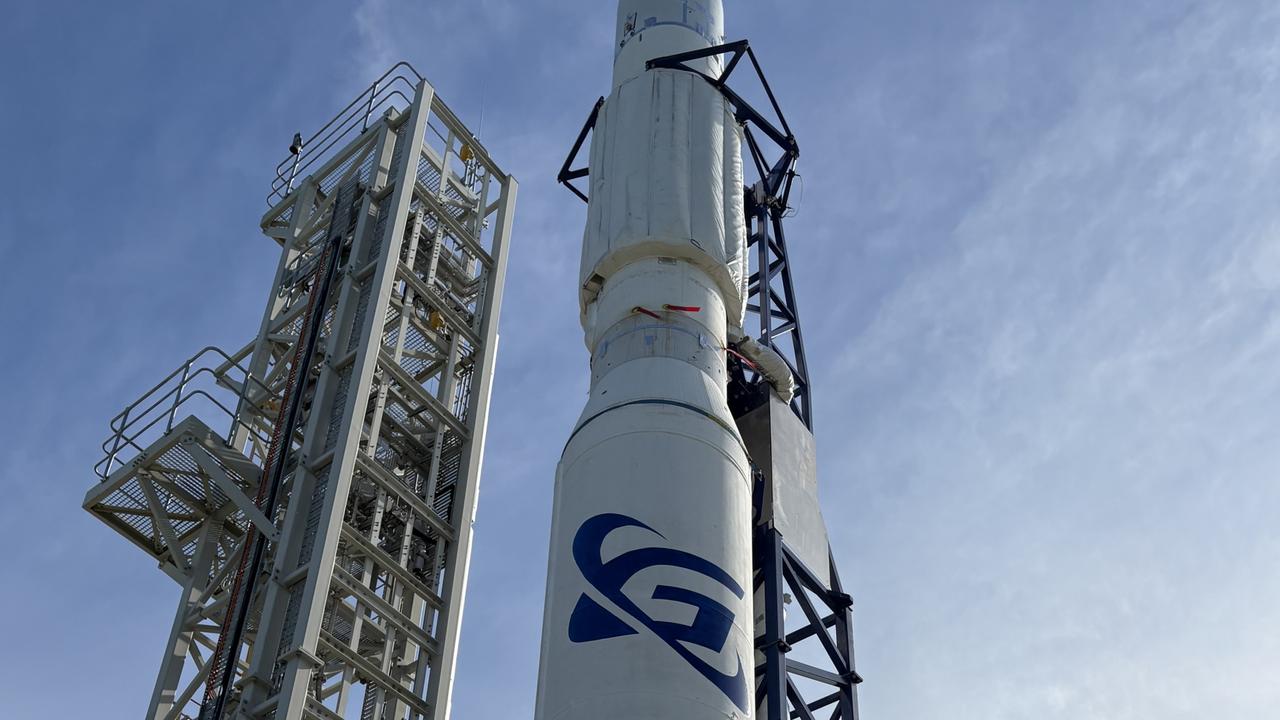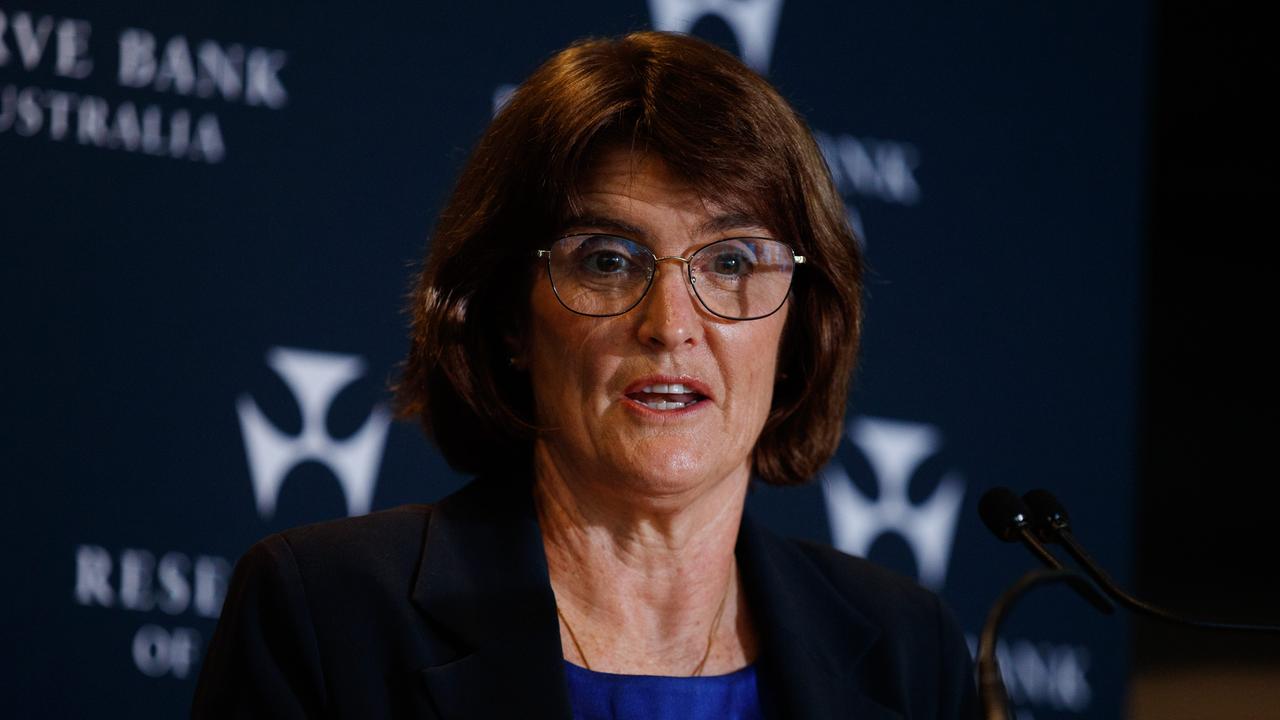Economists believe Australia’s migration program needs an overhaul
One of the nation’s leading economic think tanks believes Australia needs to rethink a key policy or we will be left behind.

Economy
Don't miss out on the headlines from Economy. Followed categories will be added to My News.
A leading economic think tank says Australia’s migration program needs imminent overhaul to better attract skilled migrants to assist the nation’s recovery from the coronavirus pandemic.
Despite the nation’s economy tracking better than the majority of the world, the Committee for Economic Development of Australia (CEDA) believes trickling migration numbers are exposing skill shortages in many crucial sectors.
Fronting a joint parliamentary committee, CEDA chief economist Jarrod Ball said Australia would lose out to nations such as Canada that are implementing “aggressive” migration policies to attract the best skilled migrants.
“The rapid slowing of migration brought about by COVID provides an opportunity to take stock of the current system and recalibrate for the future,” Mr Ball said in his opening statement.

“Our national unemployment rate remains elevated compared to pre-COVID levels but there are pockets of skills shortage.”
Mr Ball said there was a significant lack of skilled workers in sectors such as healthcare, tourism, hospitality, and trades.
CEDA warns a migration system that does not respond well to changing demand would make Australia less competitive in the global jobs market and hinder its ability to attract talented workers from overseas.
Mr Ball noted Australia’s “rigid” migration system was not good at defining the skills needed for emerging sectors, such as data and technology.
“Occupations such as data scientist have not been easy to classify under our rigid skills classifications (system), and so we have got to find ways to ensure we are keeping up,” he said.

The think tank proposes a system based on assessing individual merits and an online jobs platform to speed up applications.
“A number of other jurisdictions focus on the guarantee that there is a job at the other side,” Mr Ball said.
“(Our proposal) having migrants interact with employers is likely to lead to better employment outcomes once here in Australia.”
CEDA in its submission also flagged the government needs to better align temporary skilled migration with education and training systems.
Global consulting group Ernst and Young (EY) also fronted the joint committee, claiming Australia faced a dire skills shortages across numerous industries.

A survey conducted by the group found 58 per cent of respondents said their business had skilled vacancies that were unable to be filled by local workers.
“Resumption of targeted skilled migration, including global talent, at scale is essential to economic recovery and to building Australia’s innovation economy longer term,” EY said in its submission.
EY also raised that the migration program was heavily bureaucratic and did meet the needs of business and the economy.
The major consulting firm believes the nation’s skilled migration program should be simplified.
Originally published as Economists believe Australia’s migration program needs an overhaul







